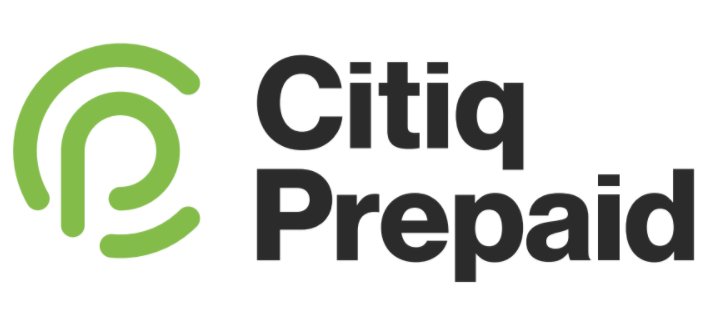Over the past year, the South African commercial property market has undergone some significant shifts in growth and occupancy. The sector is facing complex times ahead thanks to reduced tenancy rates, a slow growing economy, and a lack of cohesive direction post-SONA 2020. The State of the Nation (SONA) did tackle some of the most pressing challenges facing the country, but there remained some uncertainty around investment into property development, low-cost student housing, and Eskom. It’s an outlook that isn’t quite as gloomy as 2019, some sun is making it through the clouds of reduced tenancy and growth, but one that still puts pressure on the commercial property market to ensure a sustainable financial future.
The PayProp quarterly rental index revealed that there had been a small rise in rental growth in the last half of 2019. While not on a par with the 7-10% of 2015/2016, it’s a sliver of positivity in a market characterised by doom and gloom. The rental growth of 2019 finally overtook inflation for the first time since 2018 but the relatively flat growth arc over the year is still a concern for the market. These figures could be used as a dire warning, or they could be the inspiration that the property owner needs to change the dialogue and invest into tenant delight.
“It’s a renters’ market where the tenant has the power of veto and choice,” says Michael Franze, Managing Director at Citiq Prepaid. “They want more from their landlords and property managers. They want to feel engaged and heard. They want their needs reflected in the decision making and they want to know that their investment into the property is valued. If the costs are too high, the rules too rigid or the systems too complex, they’ll vote with their wallet and go somewhere else.”
Tenant delight is the key to thriving in a complex market. It’s the hook that holds the tenant in a market that’s clamouring for their attention. And it’s a complex trick to master when so many commercial properties have stunning resources and features on offer.
“One of the most solid and appreciated foundations upon which to build tenant delight is minimal admin,” says Franze. “Tenants appreciate having to deal with less admin in their lives, so if your property can provide that service, then you’re already ahead of the game.”
One of the areas where admin can be easily minimised and streamlined is in utilities. Water and electricity can be costly for both the estate and the tenant. If the utilities are shared, if there’s a water leak, or if a tenant misuses a utility at the expense of the others, then this can result in a disputed bill and expensive time spent on resolving the situation. This also can cause a breakdown in the relationship with the tenant and between tenants, which is not ideal.
“Prepaid utility meters are a reliable way of mitigating the utility billing challenge,” concludes Franze. “They improve utility administration, cost management, payments and usage, plus they provide much-needed visibility into energy and water consumption. With prepaid sub-metering solutions, the body corporate can hand the control back to the tenant while engendering transparency and improving accessibility to essential services.”
This reduces the admin involved for the business as the property manager no longer has to collect payments from the tenants or deal with disputes around payments or amounts. With Citiq Prepaid, funds collected from the tenants are kept in a trust account, and then transferred to the landowner by the second business day – who then pays the municipality or Eskom directly. For a minimal service fee there is no billing conflict, funds are stored in a secured account, the tenant gets control over their own spend, and everybody’s admin is reduced. It’s a seamless way of avoiding the complexities of property rental and introducing a reliable and appreciated layer of tenant delight.
Article originally posted in Real Estate Investor Magazine

